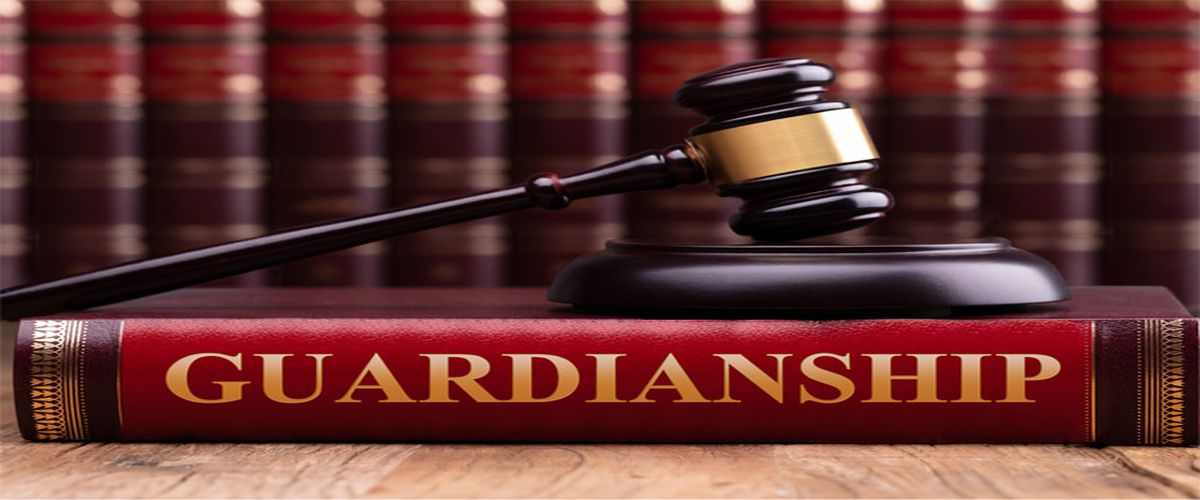
Guardianship Basics
What is Guardianship?
Guardianship is a legal process designed to protect vulnerable persons from abuse, neglect (including self-neglect), and exploitation. Guardianship provides for the person’s care and management of his or her money while preserving, to the largest extent possible, that person’s independence and right to make decisions affecting his or her life.
Why are Guardianships Created?
Guardianships are created for a variety of different reasons. People become incapacitated due to disease, injury, or developmental disability. No matter what the cause, the decision to seek guardianship is often painful and difficult for the alleged incapacitated person and his or her family members.
What happens to the person’s rights and what determines incapacity?
Guardianship removes certain rights and privileges from an incapacitated person, referred to as the “ward”. An incapacitated person can be a minor (under 18 years old) or an adult. The guardianship statute defines an incapacitated adult as a person who, because of physical or mental condition, is substantially unable to
- provide food, clothing or shelter for himself or herself;
- care for the individual’s own physical health; or
- manage the individual’s own financial affairs. Please note that a person is not legally incapacitated until a court has declared that the person is incapacitated. Before the court makes a determination, a person for whom a guardianship application has been filed is called the “alleged incapacitated person” or the “proposed ward”. The court may not use age as a factor in determining whether to appoint a guardian for an adult. The court appoints another person (guardian) to make some or all of these necessary decisions. Whether the court appoints a guardian with broad or limited authority depends upon the physical or mental limitations of the incapacitated person.
What are the types of guardianships?
A Guardian of the Person is appointed by the court to take care of the physical well-being of a ward and a Guardian of Estate is appointed to care for a ward’s property. Often both a guardian of person and a guardian of estate are appointed and this can be the same person.